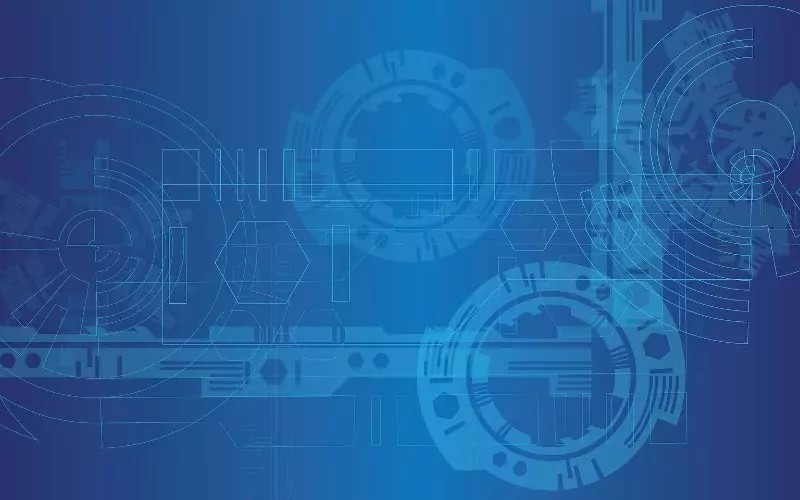Computer novices can access the dark web within minutes, reflecting a significant challenge for authorities to regulate it. The allure of anonymity makes it a preferred space for illicit activities. However, experts argue there’s little justification for its legitimate use anymore.
Dr. Simon Parkinson, a cyber security expert, highlights the complex nature of dark web networks. With illegal activities on the rise, the difficulty in distinguishing between lawful and unlawful usage grows, complicating efforts to shut it down without affecting the entire internet infrastructure.
Understanding the Dark Web’s Appeal
The dark web promises anonymity, a feature that attracts both users seeking privacy and those with malicious intent. Its encrypted nature enables users to operate below the surface of the traditional internet, away from regulatory scrutiny. This virtual concealment is particularly appealing for individuals engaged in illegal activities such as drug trafficking or online exploitation.
Dr. Simon Parkinson emphasizes that the reputation of the dark web, marred by continuous negative media coverage, makes it daunting for those who might have legitimate reasons to use it. Legitimate users are often deterred, fearing association with illicit activities and the cumbersome process of configuring access through tools like Tor.
Technical Barriers to Closure
Accessing the dark web is surprisingly simple. Users can install basic software and tweak a few settings to reach this hidden layer of the internet. “It’s pretty straightforward,” notes Dr. Parkinson, underlining the ease of reaching encrypted sites that resemble the standard internet, only more secure.
The dark web’s original purpose was to protect military communications. By releasing the software to the public, distinguishing between civilian and military communications became a strategic advantage. This origin complicates efforts to close it entirely, as doing so would require dismantling parts of the internet infrastructure itself.
The Internet Infrastructure Challenge
Despite the dark web’s negative uses, its total shutdown appears impractical. It involves encrypted communication channels similar to those used in everyday applications like messaging apps. Hence, eradication efforts risk infringing on common security practices deployed by millions of internet users globally.
In the cyber security landscape, experts continue developing software solutions to counter specific threats unique to the dark web’s environment. New tools focused on battling ‘permissions creep’ highlight the ongoing technological adaptations to safeguard against these hidden risks.
Criminal Exploits and Consequences
The dark web’s links to criminal exploits such as the infamous case of Matthew Falder, highlight its potential as a haven for unlawful operations. Falder’s sentencing underscores the level of anonymity perpetrators rely on. ‘Internet highwaymen,’ as described by Judge Philip Parker QC, exploit these digital alleys with an insatiable need for control.
The capacity for harm, evident in cases like Falder’s, reinforces the urgency for evolving cyber security measures. Nevertheless, the inherent challenge lies in disrupting these networks effectively without casting an overly broad net that snags legitimate traffic.
Legitimate Uses and Ethical Dilemmas
The balancing act continues as cyber security experts lobby for policy and technological shifts that could mitigate the dangers without compromising freedoms. Developing strategies that discern between ill-intent and legitimate use remains a pillar of ongoing debates.
In conclusion, while the dark web is a tool for good in some contexts, its predominant use for illegal activities poses significant regulatory and ethical challenges.
Future Outlook: Balancing Security and Freedom
The outlook on the dark web is cautiously pessimistic. Experts predict its persistent use for unlawful purposes, propelling users into more clandestine operations as authorities tighten the net around cybercrime.
Future solutions may involve advanced encryption-breaking technologies or international collaboration to impose stricter regulations. However, the balance between maintaining freedom and ensuring security remains a delicate global discourse.
Cyber security pioneers continue to innovate, crafting defenses that address the dual challenge of protecting privacy while curbing cyber threats. This dynamic field constantly adapts to the evolving digital landscape, promising robust responses to the dark web’s challenges.
The dark web epitomises a paradox of modern technology, balancing between legitimate privacy needs and unlawful exploitation. Authorities face a monumental task to manage its existence while preserving essential internet freedoms. In the cyber security realm, ongoing advancements promise to navigate these treacherous waters, striving to contain its impact without compromising individual liberties.


